Description
Dental Veneer Teeth is a popular cosmetic dental procedure designed to enhance the appearance of your smile. They consist of thin coverings that are placed over the front surface of teeth to correct a variety of dental issues such as discoloration, chips, cracks, or gaps. Veneers are crafted from either porcelain or composite resin, each offering unique benefits to meet different aesthetic and functional needs.
1. Types of Dental Veneers
- Porcelain Veneers. These veneers are known for their durability and ability to mimic the light-reflecting properties of natural teeth. They are custom-made in a dental lab from a mold of your teeth. The application process typically requires two visits: one to prepare the teeth and take the impression, and another to apply the veneers.
- Composite Resin Veneers. Composite resin veneers are an excellent choice for those seeking a less invasive and more cost-effective option. These veneers can be applied in a single office visit as the resin is sculpted directly onto the teeth. While they offer a shorter lifespan of about five to seven years, composite veneers are easier to repair than their porcelain counterparts.
2. Advantages of Hecheng Dental Veneer Teeth
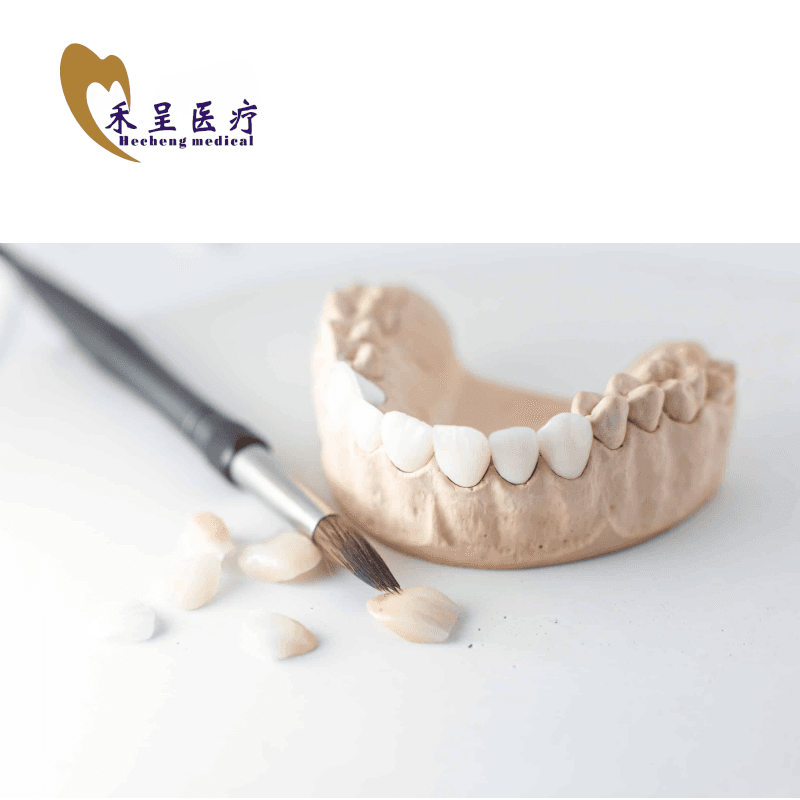
Aesthetic Improvement
Dental veneers offer transformative aesthetic enhancements for individuals looking to improve the appearance of their smile. They effectively address a variety of dental imperfections such as severe discoloration, minor misalignments, chips, and gaps. Veneers are particularly beneficial for the front teeth, where cosmetic appearance is most noticeable. By covering the visible front surface of the teeth, veneers provide a bright, aligned, and improved smile that boosts confidence and social interactions.
Minimally Invasive Procedure
One of the key advantages of dental veneers over other cosmetic dental procedures, such as crowns, is their minimally invasive nature. The process involves removing a small amount of tooth enamel, typically less than a millimeter, to prepare each tooth for a veneer. This is significantly less than the tooth structure typically removed for crowns, which might involve grinding down the entire tooth. Consequently, more of the natural tooth is preserved, reducing the impact on tooth strength and integrity while still achieving significant aesthetic enhancements.
Durability
Veneers, especially those made from porcelain, are highly durable and are designed to last for many years. Porcelain veneers are particularly noted for their resistance to stains and their ability to withstand wear and tear comparable to natural dental enamel. Unlike natural teeth, porcelain veneers resist discoloration from coffee, tea, red wine, and cigarette smoke. They are also constructed to handle the normal forces of chewing, making them a long-lasting solution to cosmetic dental concerns.
Customization
Veneers are extensively customizable, which allows them to blend seamlessly with the rest of the teeth in both color and shape. During the veneer fabrication process, dental technicians carefully match the color of the veneers to the surrounding teeth, ensuring that the prosthetics do not stand out unnaturally. Additionally, the shape and size of the veneers includ custom items to correct any aesthetic concerns. Such as teeth that are too short, pegged, or have irregular shapes. This high level of customization ensures that veneers not only improve dental appearance but also enhance facial symmetry and aesthetics.
3. Care and Maintenance of Dental Veneers
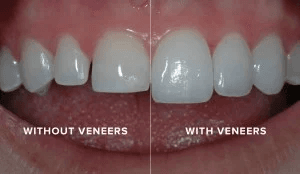
Regular Oral Hygiene Practices
- Brushing and Flossing. Just like natural teeth, it is essential to brush veneers at least twice a day using a non-abrasive toothpaste and a soft-bristled toothbrush. This helps to remove plaque and prevent the build-up of tartar, which can lead to gum disease. Flossing daily is equally important to remove debris from between the teeth and veneers, preventing potential issues like interdental decay and gum inflammation.
Diet and Consumption Habits
- Avoid Hard Foods. Veneers are durable but not indestructible. Hard foods, such as ice, hard candies, and nuts, can potentially chip or crack veneers. It is advisable to avoid biting directly into very hard foods and instead cut them into smaller pieces before eating.
- Be Cautious with Staining Substances. While veneers are more resistant to staining than natural teeth, they can still become discolored over time. Minimize or avoid beverages that are known to cause stains. Such as coffee, tea, red wine, and dark sodas. If you do consume these drinks, consider using a straw to minimize contact with the veneers. Additionally, brushing your teeth shortly after consuming stain-causing foods or drinks can help maintain the brightness of your veneers.
Protective Measures
- Wear a Mouthguard. For those who grind their teeth at night (a condition known as bruxism), wearing a custom-fitted mouthguard can provide a protective barrier and prevent veneers from cracking or chipping. We also need do this during high-risk activities. Such as sports, to protect against physical impacts.
Professional Dental Care
- Regular Dental Check-Ups. Schedule regular visits to your dentist for professional cleanings and examinations. These visits are crucial because your dentist can check the condition of your veneers and address any issues early on. They can also perform professional cleanings that safely remove plaque and tartar without damaging the veneers.
- Immediate Consultation for Damages. If a veneer chips, cracks, or becomes loose, it is important to see your dentist immediately. Attempting to fix or ignore the issue can lead to more severe problems, such as tooth decay or loss of the veneer.
Lifestyle Adjustments
- Quit Smoking. Smoking can lead to staining of the veneers and also affects the overall health of your gums and mouth. Quitting smoking will help maintain the aesthetic quality of your veneers and improve your oral health overall.
- Alcohol Consumption. Frequent consumption of alcohol can soften the bonding composite that holds the veneers in place. Try to moderate your intake to keep your veneers secure and intact.

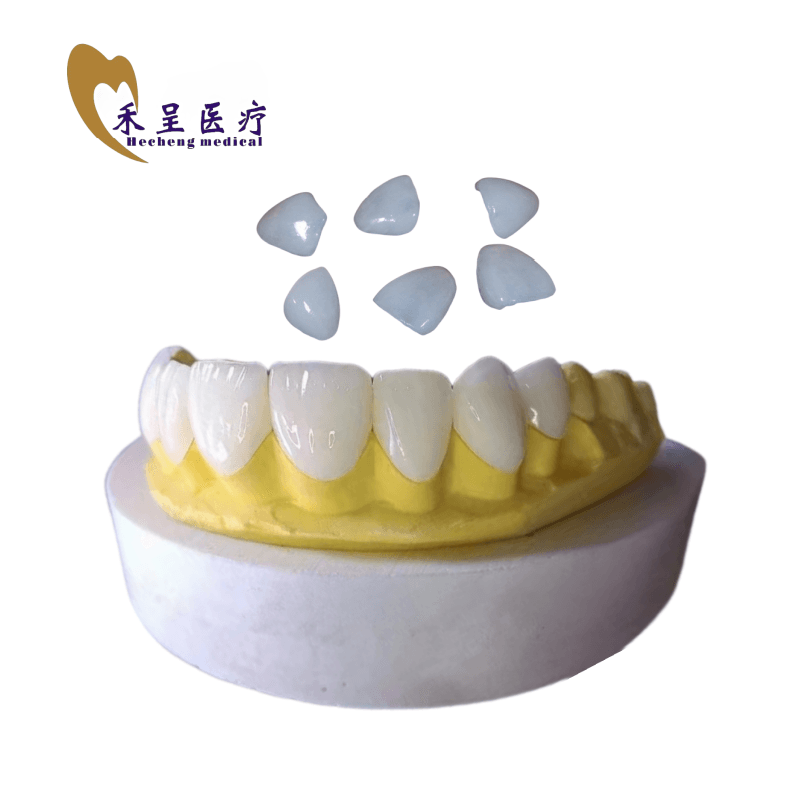
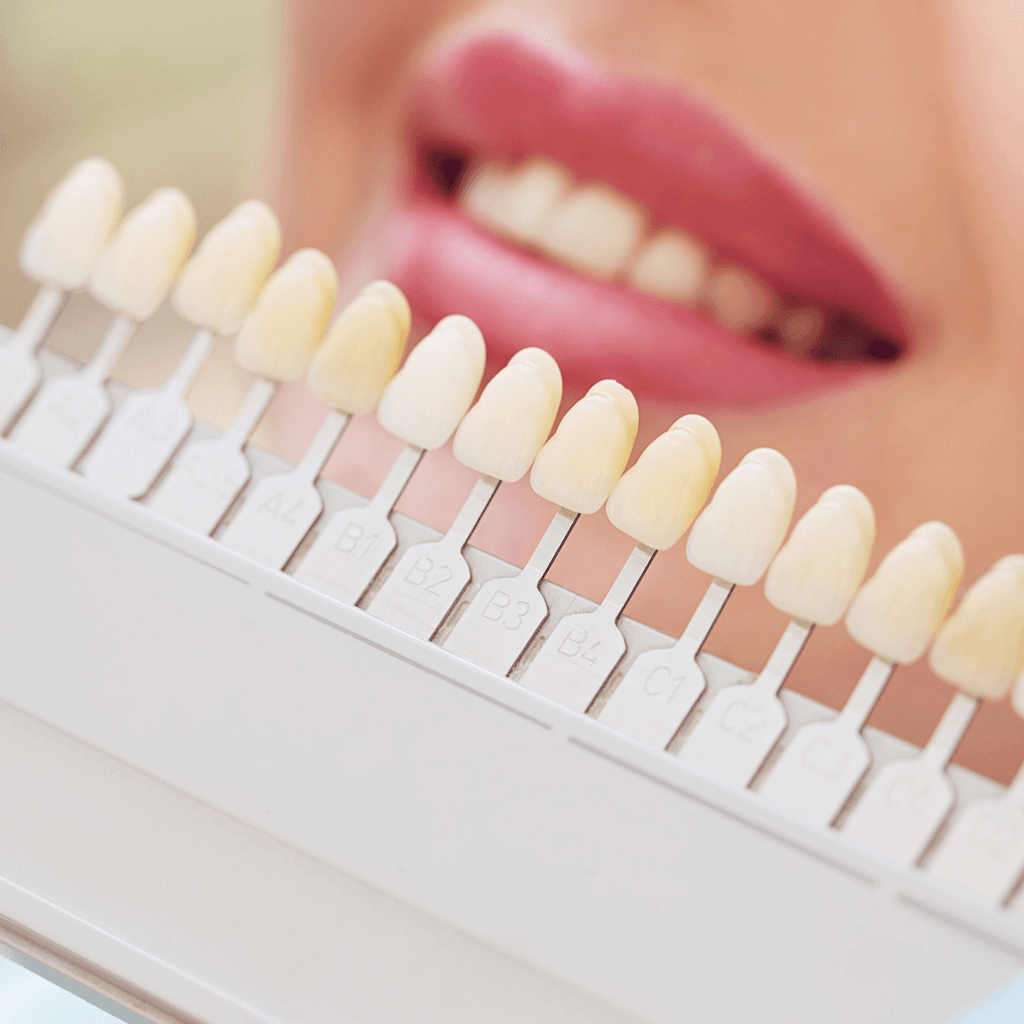
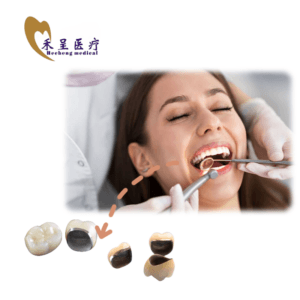
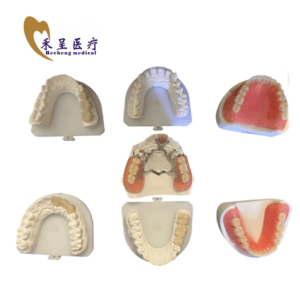
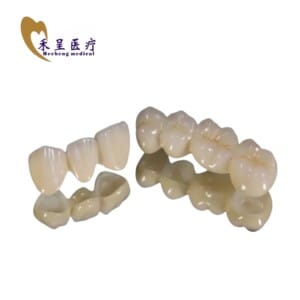
Reviews
There are no reviews yet.